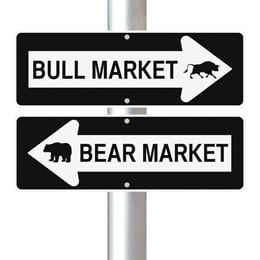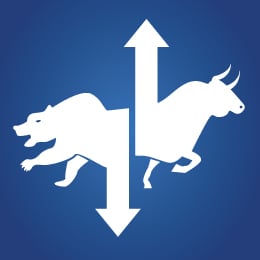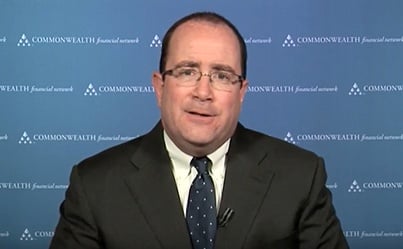The big news today in the financial world is that, for the first time on record, the yield on the German 10-year government bond dropped below zero. This is just the latest step in the ongoing decline in interest rates. In fact, the Japanese 15-year government bond recently went negative as well.













